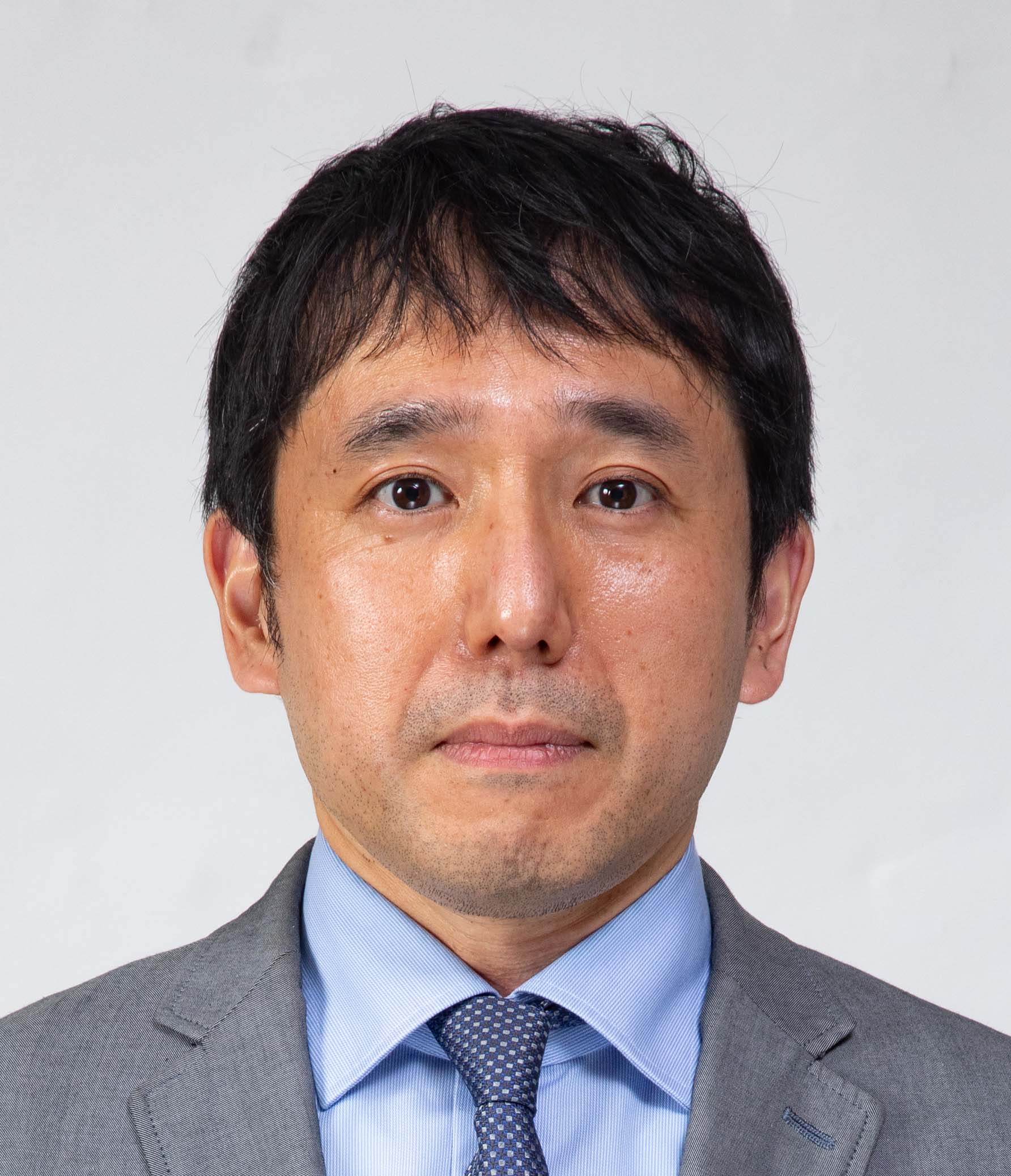
Exploratory physician-initiated clinical trial for innovative angiogenic therapy using injectable cell scaffold (ICS-001) with peripheral blood mononuclear cells for chronic limb threatening ischemia
Kenichi Yamahara1,4, Hirokuni Akahori2, Kenichiro Kawai3, Junko Ikemoto4, Kyoko Yoshihara5, Satoshi Yoshihara4,5, Yumiko Takao12, Masaharu Ishihara2, Masao Kakibuchi3, Yasumichi Kogai6, Hideki Sato7, Shinya Fukumoto8, Tsutomu Furuzono9, Yasuyuki Fujita10, Atsuhiko Kawamoto10, Masahide Furukawa11.
1Laboratory of Molecular and Cellular Therapy, Institute for Advanced Medical, Hyogo Medical University, Nishinomiya, Japan; 2Department of Cardiovascular and Renal Medicine, Hyogo Medical University, Nishinomiya, Japan; 3Department of Plastic Surgery, Hyogo Medical University, Nishinomiya, Japan; 4Department of Transfusion Medicine and Cell Therapy, Hyogo Medical University, Nishinomiya, Japan; 5Department of Hematology, Hyogo Medical University, Nishinomiya, Japan; 6BioX Inc, Tokyo, Japan; 7Gunze Medical LTD, Osaka, Japan; 8Department of Premier Preventive Medicine, Osaka City University, Osaka, Japan; 9Graduate School of Biology Oriented Science and Technology, Kindai University, Kinokawa, Japan; 10Translational Research Center for Medical Innovation, Foundation for Biomedical Research and Innovation at Kobe, Kobe, Japan; 11Department of Plastic Surgery, Oita Oka hospital, Oita, Japan; 12Department of Pain Medicine, Hyogo Medical University, Nishinomiya, Japan
Chronic limb-threatening ischemia (CLTI), a complication of lifestyle-related diseases with a high prevalence, remains a high prevalence. Angiogenic therapy with mononuclear cell/stem cell transplantation has been clinically applied as an optional treatment for CLTI bordering on amputation, but its efficacy has been limited. The reasons for this are thought to be the poor persistence of transplanted cells and the impaired function of endothelial progenitor cells or bone marrow cells in patients with diabetes and chronic renal failure, which are associated with CLTI. We have developed Injectable Cell Scaffold (ICS), a cell scaffold for intramuscular injection, consisting of bioabsorbable polymer particles coated with hydroxyapatite nanocrystals, to further improve angiogenic therapy using autologous cell transplantation. ICS can be co-transplanted with transplanted cells to keep the transplanted cells in the local area for a long period of time and amplify the angiogenic effect. Furthermore, ICS can sufficiently amplify the transplantation effect of peripheral blood mononuclear cells, which can be easily harvested but are considered less effective. Currently, an exploratory investigator-initiated clinical trial is being conducted at Hyogo Medical University Hospital and Oita Oka Hospital to develop an inexpensive and effective innovative angiogenesis therapy using ICS-001 with autologous peripheral blood mononuclear CD34-rich cells induced by G-CSF/CXCR4 inhibitor. To date, five patients have been enrolled, with no ICS-001-specific adverse events. We would like to report our clinical trial of potent cell-based angiogenic therapy in the medical device category.
A grant from the Project for Japan Translational and Clinical Research Core Centers of the Japan Agency for Medical Research and Development (AMED) under grant number JP25ym0126121..
[1] Angiogenesis
[2] Peripheral blood mononuclear cells
[3] Medical device
[4] Injectable cell scaffold
[5] Chronic limb-threatening ischemia (CLTI)